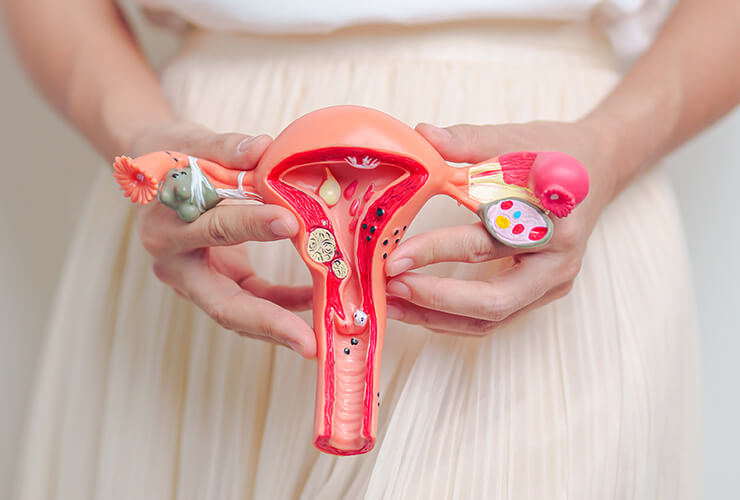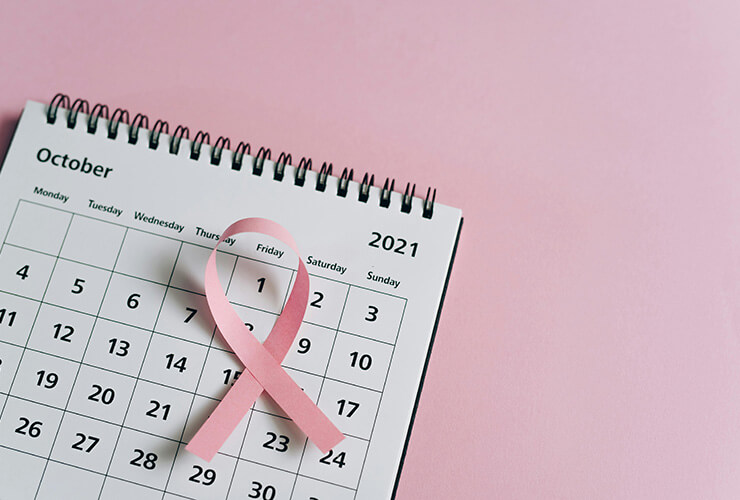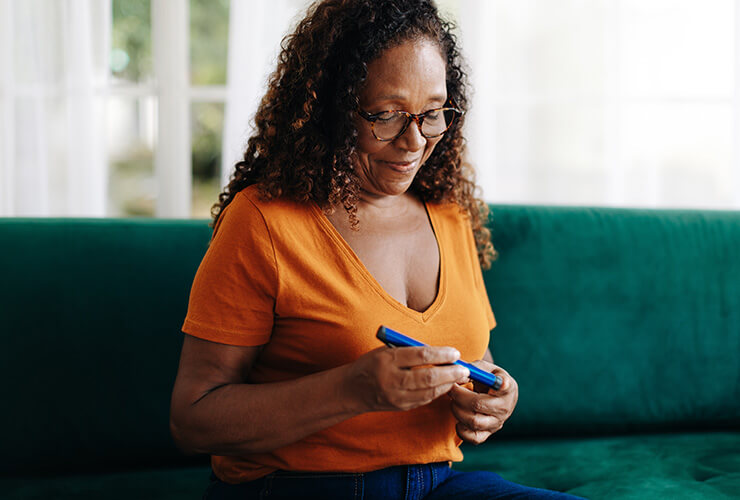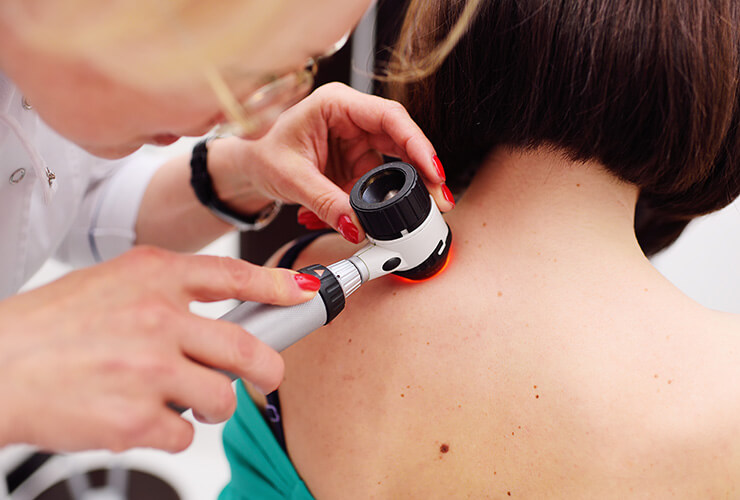Essential Women’s Health Screenings Every Woman Should Know About
Regular women’s health screenings play a crucial role in early detection and prevention of medical conditions. At Robina Town Medical Centre, we provide a range of services to support women at every stage of life. Here’s a guide to essential health screenings that women on the Gold Coast should consider as part of their routine healthcare.
1. Cervical Screening Test (CST)

Cervical cancer is considered to be largely preventable with regular screenings. The Cervical Screening Test replaced the Pap smear test in 2017 and is recommended every five years for women aged 25 to 74. This test helps detect human papillomavirus (HPV), which can lead to cervical cancer if left untreated.
A cervical screening test involves a simple swab of the cervix, usually performed by a doctor or nurse during a routine appointment. The sample is sent to a lab to check for the presence of HPV. The procedure takes only a few minutes and may cause slight discomfort but is not painful.
2. Breast Cancer Screening

Breast cancer is one of the most common cancers affecting Australian women. Women aged 50 to 74 are encouraged to have a mammogram every two years. Women with a family history of breast cancer or other concerns should discuss their individual screening needs with their GP.
A mammogram is a low-dose X-ray of the breasts that can detect abnormalities before they can be felt. During the test, each breast is placed between two plates and compressed for a few seconds while images are taken. The procedure may cause slight discomfort but is quick and effective in detecting early signs of breast cancer. Ultrasound can also be used for breast cancer screening.
3. Bone Density Testing
Osteoporosis is a silent condition that weakens bones and increases the risk of fractures. Women over 50, particularly those with a family history or other risk factors, may benefit from a bone density test to assess bone strength and identify early signs of osteoporosis.
A bone density test, also known as a dual-energy X-ray absorptiometry (DEXA) scan, is a simple, non-invasive procedure that measures bone mineral density. During the test, you lie on a padded table while a low-dose X-ray scanner passes over specific areas of your body, usually the lower spine and hips. The scan takes only a few minutes and is painless. The results help determine if you have osteoporosis or are at risk of fractures, guiding further management and preventive measures.
4. Heart Health Check
Cardiovascular disease remains a leading cause of illness among women. A heart health check can help assess your risk and guide preventive steps. Women over 45 (or over 30 for Aboriginal and Torres Strait Islander women) are encouraged to speak with their doctor about heart health assessments.
A heart health check typically involves measuring blood pressure, cholesterol levels, and body mass index (BMI). A blood test may be conducted to assess cholesterol and glucose levels, and an electrocardiogram (ECG) may be used to check heart function.
5. Diabetes Screening

Type 2 diabetes is increasingly common and can develop without noticeable symptoms. Women with risk factors such as a family history of diabetes, a sedentary lifestyle, or a history of gestational diabetes should consider regular blood glucose testing to monitor their risk.
Diabetes screening is done through a fasting blood glucose test or an HbA1c test, which measures average blood sugar levels over a few months. A simple blood test taken at a pathology centre can help determine if further management is required.
6. Sexual and Reproductive Health Checks
Regular sexual health screenings can help detect sexually transmitted infections (STIs) early, ensuring timely treatment and preventing complications. Women planning for pregnancy or experiencing changes in their menstrual cycle may also benefit from a reproductive health check-up.
STI screening involves a urine test, blood test, or a swab sample from the affected area, depending on the infection being tested for. A reproductive health check may include a pelvic exam and hormone level tests.
7. Skin Cancer Checks

Living in Queensland means higher exposure to UV radiation, increasing the risk of skin cancer. Women of all ages should consider regular skin checks, particularly if they have a history of sun exposure, fair skin, or a family history of melanoma.
A skin cancer check involves a visual examination of the skin by a doctor, who assesses moles, freckles, and lesions using a dermatoscope, for signs of cancerous changes. If necessary, imaging or a biopsy may be performed for further investigation and analysis.
8. Mental Health and Well-being
Women’s mental health is just as important as physical health. If you’re feeling overwhelmed, anxious, or experiencing persistent low moods, speaking with a GP can be the first step toward getting the right support. Mental health plans and counselling services are available to help women navigate stress, life changes, and emotional challenges.
A mental health check-up may involve a discussion with a doctor about symptoms, stress levels, and emotional well-being. Screening questionnaires may be used to assess mood and anxiety levels, and a mental health treatment plan may be provided if needed.
Taking Charge of Your Health
Preventative health screenings empower women to take charge of their well-being. If you're unsure about which screenings are right for you, a discussion with your GP at Robina Town Medical Centre can provide personalised advice based on your age, medical history, and risk factors.
Book an appointment today.
Disclaimer: This article is for general informational purposes only and should not replace medical advice. Please consult a qualified healthcare professional for personalised recommendations.